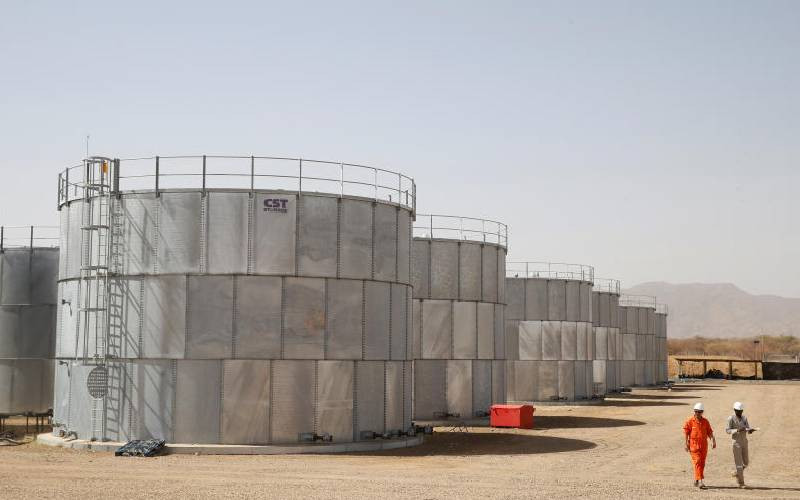×
The Standard e-Paper
Smart Minds Choose Us

Kenya's bid for oil in Turkana might be a poisoned chalice.
This is after Turkana residents, who include 13 minors, sued the government, Tullow Kenya BV and the National Environment Management Authority (Nema) claiming that the exploration has left their land and environment in ruins.